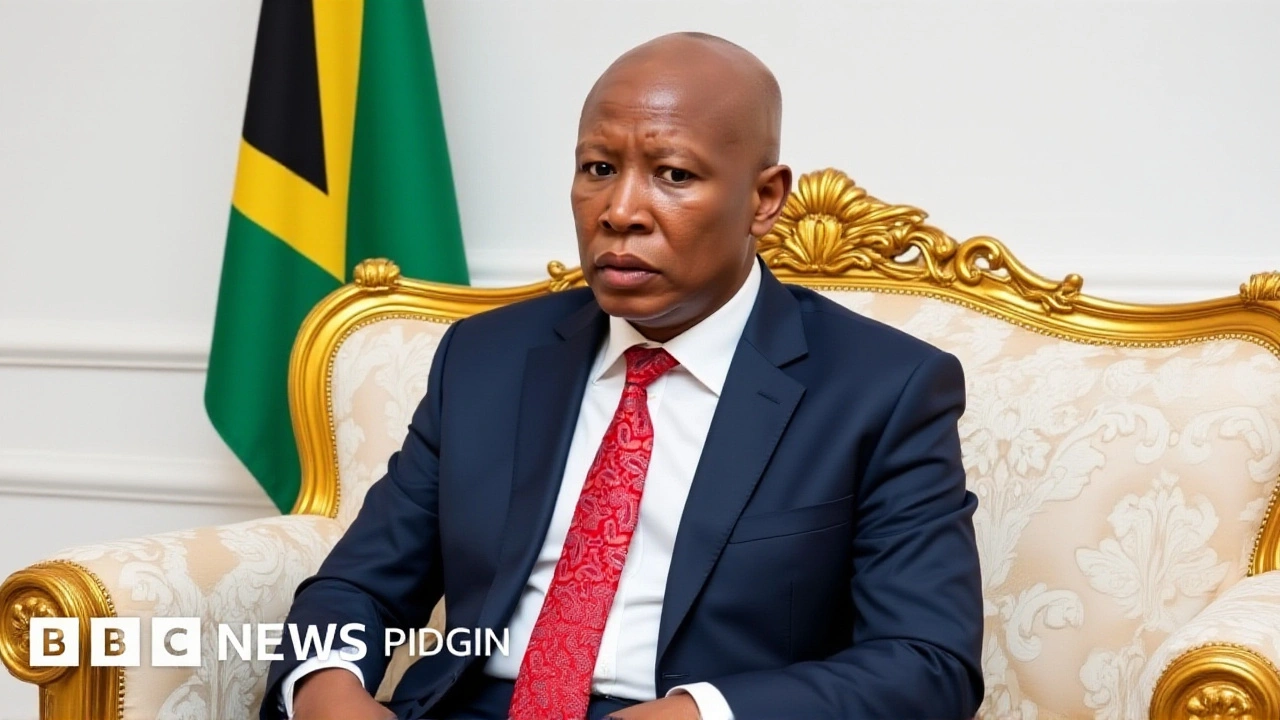Equality Court: What It Is and How to Use It
The Equality Court is a place people turn to when they face unfair treatment because of race, gender, religion, disability, sexual orientation or other protected traits. It’s not a mystery court — it’s a forum set up to stop discrimination and hate speech and to order remedies like apologies, fines, or changes to unfair policies.
Who can bring a case and what counts?
Anyone directly affected by discrimination can apply to the Equality Court. That includes individuals, workers, tenants, students, and sometimes groups or unions. The court handles cases such as workplace discrimination, discriminatory advertising, hate speech, refusal of service, and harassment. For example, if a landlord refuses to rent because of a tenant’s nationality or a radio station broadcasts hate language about a religion, those are cases the Equality Court can hear.
Note: The Equality Court focuses on rights protected by law. If your matter is a criminal offence (like assault), it might go to the police and criminal courts instead, but the Equality Court can still handle the discrimination side of the story.
How the process works — simple steps
Step 1: Start with a letter. Send a clear, dated letter to the person or organisation explaining what happened and what you want (apology, stop the action, compensation). Many problems resolve here.
Step 2: If that fails, you file a statement at the Equality Court. You’ll need basic facts, dates, and any evidence like messages, photos, witness names, or recordings. Keep copies and a timeline of events.
Step 3: The court may try mediation first. That’s a meeting to reach agreement without a full hearing. If mediation fails, the matter goes to a hearing where judges listen to both sides and make an order.
Possible outcomes include formal apologies, orders to stop discrimination, training for staff, fines, or compensation. The court can also require businesses or institutions to change unfair rules.
Tips for stronger cases: keep records, get witness statements in writing, note times and locations, and keep any offensive material. If you can, photograph or screen-shot offending content. Ask for help early from a legal advice clinic, civil rights group, or a lawyer.
Costs and timing: Many Equality Court matters are quicker and cheaper than regular civil claims. Legal aid or community legal centres can assist if you can’t afford a lawyer. Timelines vary, but being organized speeds things up.
Want to stay informed? Look out for local news on protests, service delivery fights, or community disputes — these often connect to equality issues and can affect how cases are viewed. Daily Africa Global News covers many events that touch on rights and fairness across the continent.
If you think you’ve been discriminated against, act early, gather evidence, and seek advice. The Equality Court exists to level the playing field — use it to protect your rights and to push for fair treatment.

EFF to Appeal August 2025 Hate Speech Conviction of Julius Malema
EFF vows to appeal Julius Malema's August 2025 hate‑speech conviction, a case that could reshape South Africa's balance between free political speech and anti‑hate laws.

South African MP Renaldo Gouws Faces Equality Court Over Alleged Hate Speech
South African MP Renaldo Gouws is being taken to the Equality Court by the SA Human Rights Commission over alleged hateful comments. His party, the Democratic Alliance, has suspended him following backlash over a resurfaced video. The SAHRC considers Gouws' comments as hate speech under the Promotion of Equality and Prevention of Unfair Discrimination Act.